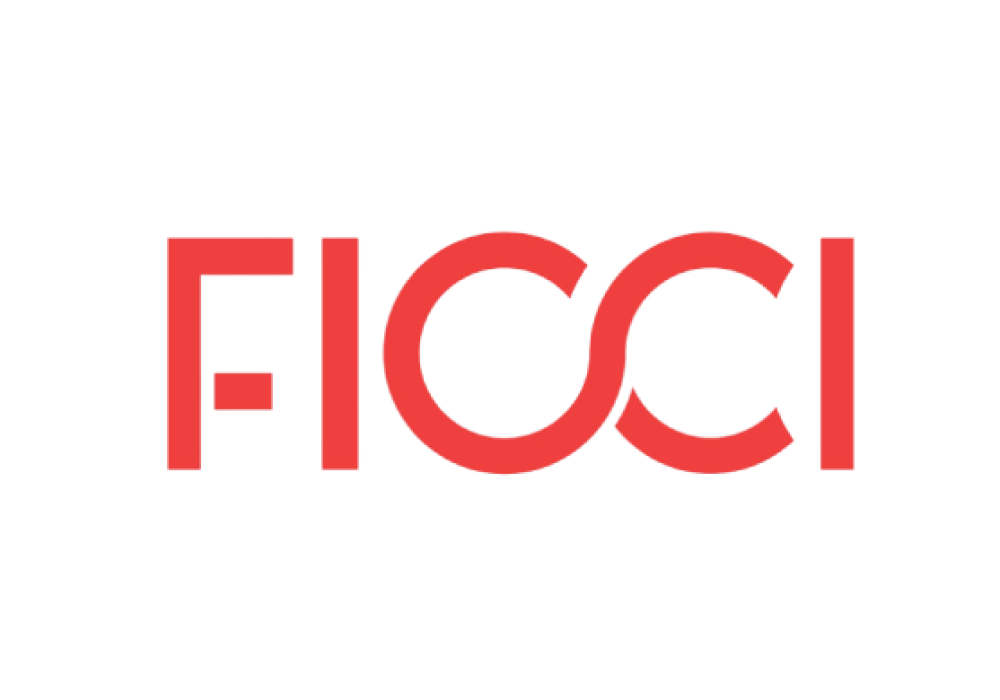![]() ficci admin
ficci admin
![]() August 10, 2023
August 10, 2023
![]() (0) Comment
(0) Comment

![]() ficci admin
ficci admin
![]() August 10, 2023
August 10, 2023
![]() (0) Comment
(0) Comment
Nobody loves to pay tax- be it in Bangladesh or any other country. But we do, as we must! Governments always strive to stimulate socio-economic growth in a country. In order to do that it needs to secure sustainable sources of funding for public sector investments. The challenge for the Government is that it has to not only set the right level of tax rates, but also consider the implications of the rate on the target tax base.
In short, Governments need to uphold the tax principles and design a tax compliance system that will encourage taxpayers to participate in national building exercises, not discourage them. Towards this end, it needs to be examined whether the taxation regime is fair and whether it deviates from the taxation policy. Unfortunately, in case of taxation regime for the telecom sector in Bangladesh, we are not only having an unfair taxation regime, but also one that deviates from the taxation policy.
While we also have a situation of heavy taxation, the existing unfairness and the deviation from the policy are far more alarming for the industry. With regards to the unfairness of the taxation regime, the telecom sector is taxed at a rate that is unmatched by any other. This is quite perplexing when you consider that the telecom sector is the core enabler for the digital economy that is unfolding before us. The sector creates one million job opportunities every year and contributes 7 per cent to the GDP right now. It is the key enabler for the blossoming mobile financial service (MFS) sector, e-commerce and the digital start-up community like Uber, Pathao and Shohoz. Literally, the digital economy is emerging on the back of the telecom infrastructure.
Besides, studies show a direct link between GDP growth and the growth of telecom and internet penetration. A study conducted by the International Telecommunication Union (ITU) in 2019 shows a 10 per cent increase in mobile broadband penetration yielded a 1.8 per cent increase in GDP for middle-income countries. Therefore, it is very clear that more fiscal space for the telecom operators can turbocharge the economic growth. In this context, the unfairness in the taxation regime is simply baffling.
With regards to the deviation from the taxation policy, it is commonly understood that a company will pay tax based on the revenue it generates. But in case of the telecom sector, we have a situation where telecom companies pay 2% of their revenue to the tax authorities whether they make any profit or not.
Let's suppose an operator's revenue in a year was Tk 100 crore. That means the operator will have to pay Tk 2 crore as the minimum turnover tax for the year. The operator has to finance the tax from the profit it had made. If the operator were to report losses, it would still have to pay the minimum 2 crore taka from its capital or through borrowing. This is outrageous! It is not that other countries don’t have minimum tax, but they impose in an adjustable format, unlike us.
Just imagine, we are forcing the foreign investors of the sector who had brought the highest amount of foreign direct investment into the country over many years to park 2 per cent of their revenue as minimum tax payment. This is a clear deviation from the standard taxation policy. It certainly does not serve the country when it goes to the global market to look for potential foreign investors.
The minimum tax rate is sucking the oxygen out of the smaller operators who are striving hard to eke out a meagre profit. We hope that the tax authorities will acknowledge this predicament of the industry and relieve the small operators from this choke-hold.
Written by Shahed Alam,
Chief Corporate and Regulatory Officer, Robi Axiata Limited